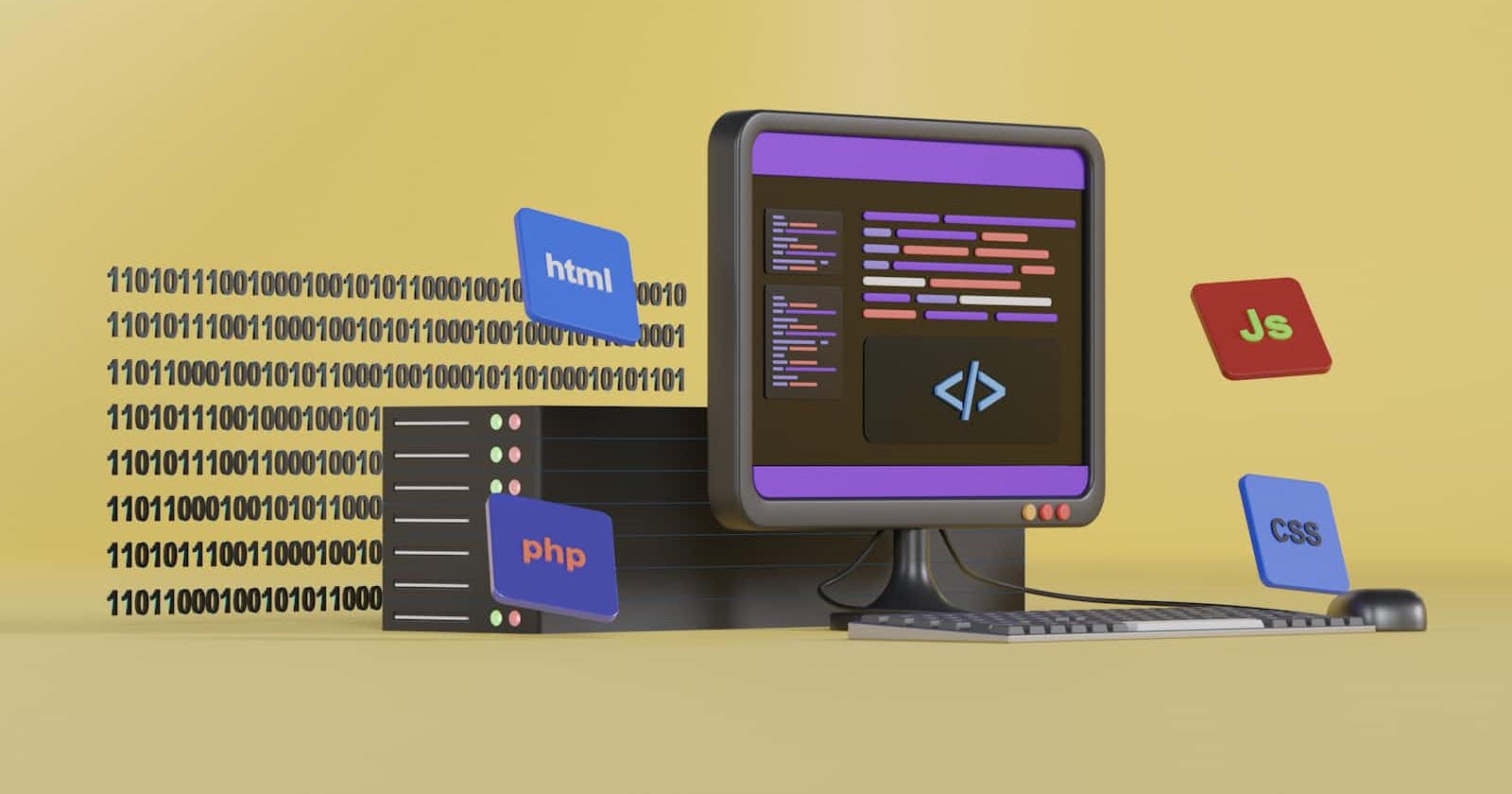In the Name of Allah, the Extremely Merciful, the Bestower of Mercy.
Introduction:
The internet is exploding with data. The number of users is constantly growing, and the amount of information we generate is staggering. This presents both exciting opportunities and significant challenges for developers.
As a seasoned PHP developer with 6+ years of experience, I've always strived to build efficient and scalable applications. However, I recently began questioning whether PHP could keep up with the demands of the future. Here's why I decided to explore Golang, a compiled language with a reputation for performance and scalability.
Why Think Beyond Pagination?
Some colleagues argued that traditional techniques like pagination and code optimization are sufficient for most web applications. However, this approach can become limiting when dealing with real-time analytics, large-scale data processing, or complex backend functionalities.
Imagine a scenario where you need to analyze a massive dataset to personalize user experiences or power real-time dashboards. While pagination helps manage user interfaces, it doesn't address the underlying performance bottlenecks behind the scenes.
The Power of Compiled Languages:
My curiosity led me to a YouTube video comparing interpreted and compiled languages. The video highlighted the advantages of Golang, particularly its impressive speed. I couldn't resist putting theory to the test.
Performance Benchmarks:
The test involved a simple program to print prime numbers from 1 to 10 million. Here's what I found:
PHP: ~ 8.2 secondsGolang: ~ 1.4 secondsPython: ~ 41 seconds
Golang proved to be a clear winner, boasting a staggering 5.86x speed advantage over PHP and a mind-blowing 29.29x improvement over Python in this scenario.
This wasn't just about printing prime numbers. It served as an eye-opener to the potential performance gains achievable with a compiled language like Golang. Imagine dealing with millions of real-world records and complex conditional logic – the efficiency gains could be substantial.
Beyond Speed: Exploring New Possibilities
I conducted another experiment, loading multiple CSV files with 1 lakh records each and adding a simple conditional statement. Here too, Golang dominated, clocking in at ~ 895 milliseconds compared to PHP's ~ 39 seconds. This translates to a remarkable 43.6x speed advantage for Golang.
These benchmarks showcase the raw power of compiled languages like Golang. This doesn't negate the value of PHP, but it does open doors to building applications with exceptional performance and scalability – crucial features for the data-driven future.
The Future of Golang:
In my next blog post, we'll delve deeper into the fascinating world of Golang and explore what makes it so incredibly fast. We'll also dive into some real-world applications of Golang, showcasing how this powerful language is being used to build innovative and scalable solutions across various industries.
Stay tuned as we explore the exciting potential of Golang
Looking Ahead:
While I continue to utilize PHP for existing projects, Golang has become my language of choice for exploring innovative solutions and future-proofing my skills.

